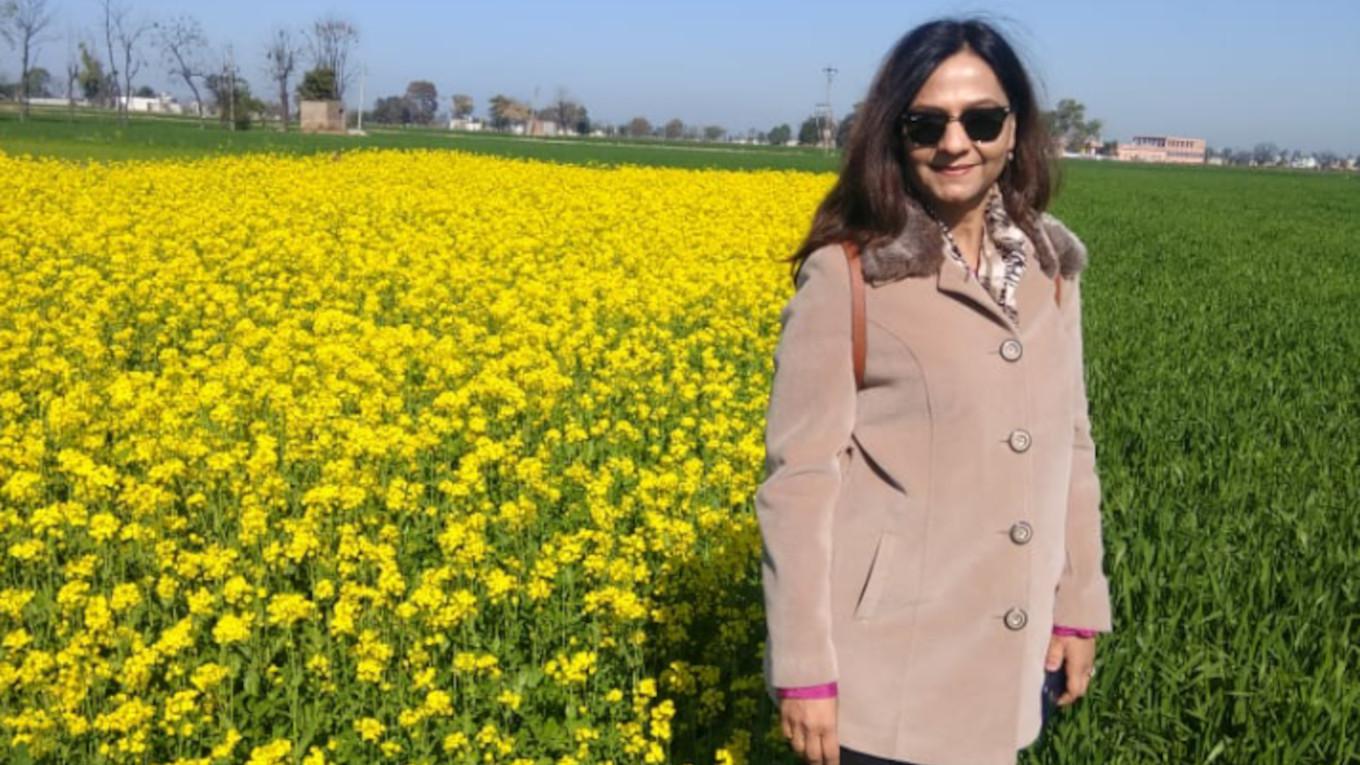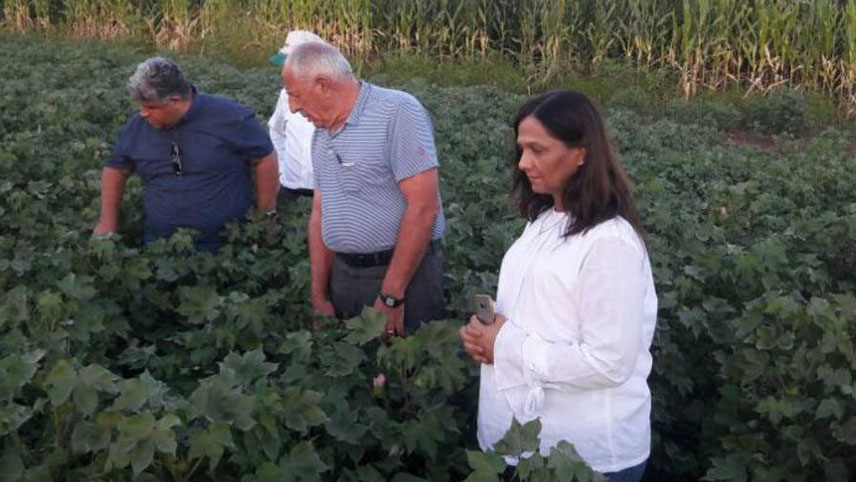The two-decade-old problem of burning rice stubble after harvest in Punjab and Haryana, which has been identified as a major cause of air pollution in Delhi, has found an echo in far-away Pune, where a small company has just won a national award for coming up with a solution. ‘Speed Kompost’, a product created by Kan Biosys for in-situ accelerated and sustainable decomposition of rice straw, will be given the Technology Development Board’s 2020 award for SMEs. Coming with a purse of Rs15 lakh, it will be presented on Technology Day, 11 May. “We have worked a lot on this and devised a solution to incorporate the stubble in the soil, so that it can increase the nutrient content,” explains Sandeepa Kanitkar, chairperson & managing director, Kan Biosys. Herself an industrial microbiologist with a degree in agri-business management from Cornell University, she has spent more than three decades doing what she calls ‘unleashing the power of microbes for agriculture’ and is involved in improving the efficiency of fertilisers and pesticides using microbes. “Over the last five years, we have turned our attention to the environmental impact farming has had on the soil and the air,” Kanitkar says. “Rice straw is rich in lignin and silica, and takes a long to decompose. This is why farmers burn it. Our innovative technology enables them to improve soil health in addition to eliminating the need for rice straw burning. We are targeting zero pollution by recycling 99 per cent of agricultural waste.” Kanikar is no stranger to awards. She won the United Nations WIPO (World Intellectual Property Organization) gold medal in 2001, but says that was a product ‘before its time’. Agriculture is not a field where rapid changes are made, she says: “There is a lot of inertia!” Earlier, she bagged the Leelavati Mehendale Award for best woman entrepreneur (1996); the first Technology Day award from the National Research and Development Corporation (1999); the Ramabai Joshi Award from the Mahratta Chambers of Commerce, Industries & Agriculture, Pune (2007); and the Kakasaheb Supnekar best woman entrepreneur award (2012). A serial entrepreneur, she is also vice-chairman, Biological Agri Solutions Association of India (BASAI), which was launched two years ago. An effective solution Pointing out that agriculture is being threatened by an ever-increasing population, which is expected to reach 10.9 billion globally by 2050, Kanitkar says feeding so many people means that agricultural yields must rise by 70-100 per cent in the next two decades. “Doubling the use of fertilisers, pesticides and water might not be the solution, because we might lose our valuable lands sooner doing this, with major economic consequences, and more harm to our water, air and health,” she warns. Microbes offer an effective solution to this problem, Kanitkar says - providing alternatives to fertilisers, chemicals and helping preserve soil quality when properly used, helping accomplish the ‘optimistic’ target of doubling agricultural yields in a sustainable manner.
-

Microbes are the answer, says Kanitkar


































